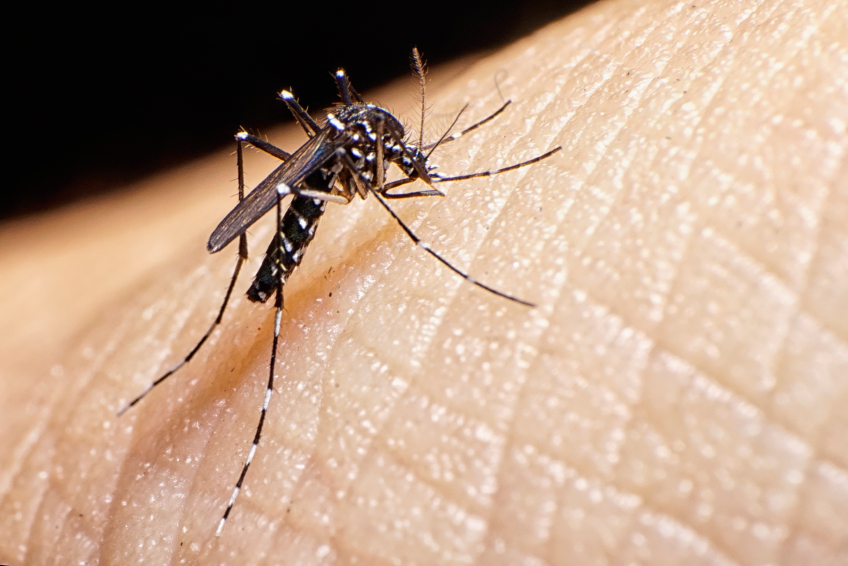Planning a winter getaway? You may have concerns about health risks when traveling to certain destinations, chief among them the spread of the Zika Virus. We know that the virus can cause severe birth defects but it is also linked with the rare Guillain-Barre syndrome in adults, which can lead to paralysis and sometimes death. And new research on mice has found that the virus may also affect adult brains in areas associated with learning and memory. According to a National Public Radio report, Zika may have “lingering neurological effects” for adults.
The Centers for Disease Control and Prevention has issued a number of Zika travel notices for destinations including Mexico, The Caribbean, Central America, The Pacific Islands, South America and parts of Southeast Asia. The primary concern surrounding the Zika virus has been the risk for pregnant women who may pass on the infection, transmitted through mosquito bites, to their unborn fetus, resulting in possible miscarriage or microcephaly (brain damage in newborns). However, because Zika is also sexually transmitted, men should take precautions with partners who could become pregnant by using condoms or abstaining from sex if visiting Zika infected areas. The CDC recommends that men who have traveled to a Zika infected area wait eight weeks before having unprotected sex. Those with symptoms of Zika or a positive Zika test should wait six months.
Precautions When Traveling to Areas with Zika
- Use a EPA-registered insect repellant on skin
- Treat clothes with permethrin spray
- Wear long pants and long-sleeved shirts
- Sleep under mosquito netting or close windows at night
- Use condoms or abstain from sex
Source: CDC
The symptoms of Zika include fever, rash and red eyes. Older adults should seek medical help immediately if they develop a high fever which does not respond to medication; seniors can become dehydrated more easily as a result of fever. There is no antiviral treatment for Zika or vaccine to prevent contracting the virus. Symptoms are usually mild and subside with rest, fluids and acetaminophen or ibuprofen to treat joint pain and fever.
Tingling or numbness in any part of the body that spreads quickly, shortness of breath while resting and choking on your saliva are symptoms of Guillain-Barre syndrome. If you notice these symptoms, get medical treatment right away. For more information about Guillain-Barre visit the World Health Organization website by following this link.






Add Your Voice
0 Comments
Join the Discussion